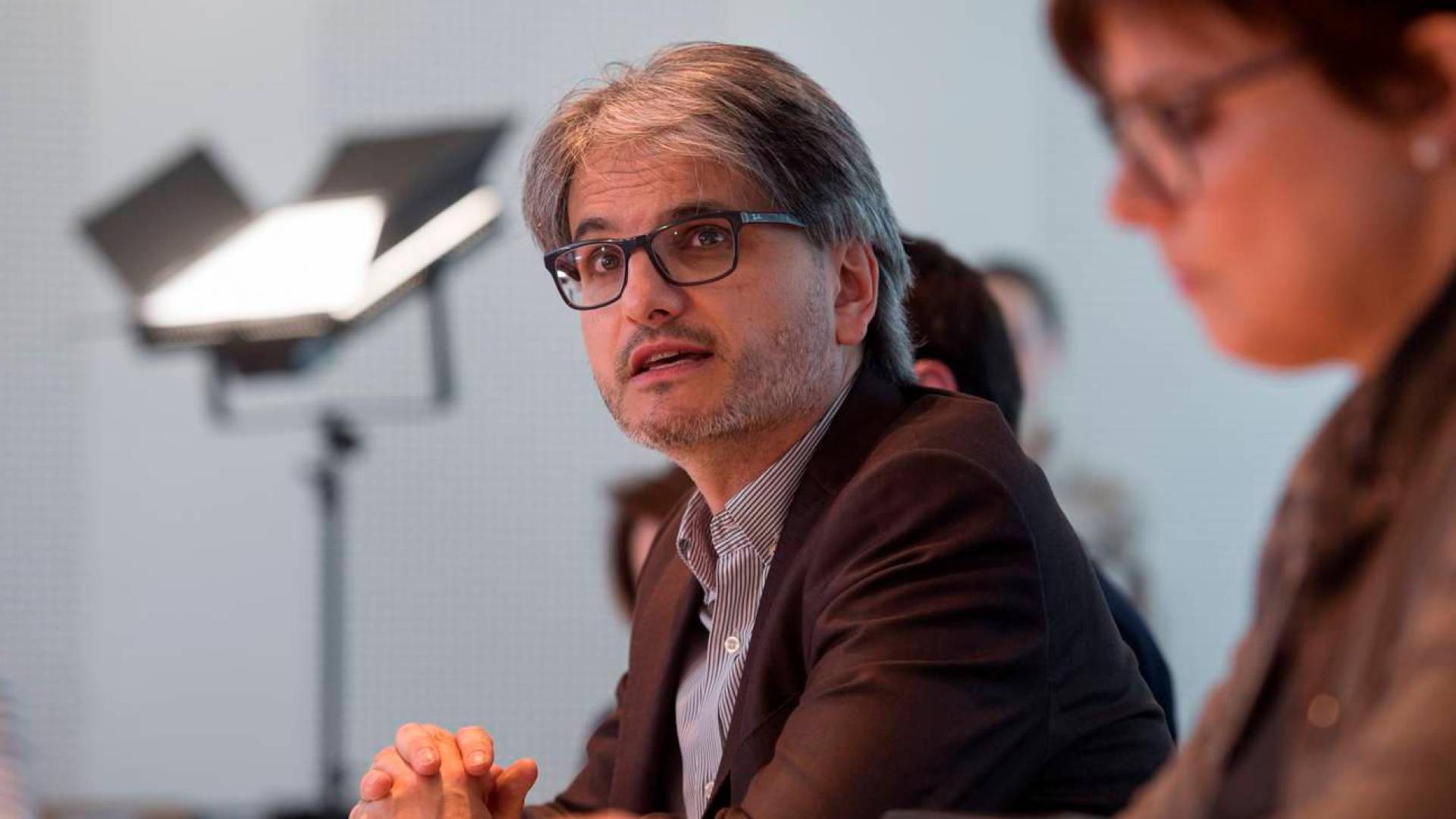Oscar Mazzoleni: Despite the outcome, the road to the framework agreement remains uphill

The professor of political science sharees his views on the voting situation in Switzerland
There were 5 key objects in the vote, all extremely different from one other. Was there a common interpretation?
The Federal Government, except for the vote drawn on the fighter, wins the ballot box. Above all, direct democracy wins out: we are well above the average, with a very high rate of participation. This can be read as an effect of the pandemic: for some months we have experienced a suspension of electoral activity. An activity that the citizens lacked, and that resulted in a high participation, in a confirmation of the attachment to the institutions.
With the clear no to the initiative on limitation, the UDC accounts for the third consecutive major defeat after the one on expulsions and the one on foreign judges. Can you explain it?
The UDC has been showing difficulties in the referendum field for years. This refers to internal reasons, which were also reflected in the national results of the recent federal elections, but above all to the strengthening of the opponents’ coalitions, especially when the relationship with the European Union is at stake. After the 9th of February 2014 there was a turning point: the opponents learned to unite rather than divide. The result is an isolation of the UDC. We saw this in the vote on the initiative on foreign judges or on the expulsion of foreign criminals. A trend that, even with some distinctions, is also emerging in Ticino.
Has the pandemic effected the outcome of the UDC initiative?
Yes. For three reasons. The first is that the UDC, as well as the Lega in Ticino, have not been able to benefit from a prolonged campaign, as had happened in the past. The second reason concerns borders. The UDC has often accused the government of bowing its head to the demands of the EU, putting aside national sovereignty. However, just a few months ago, faced with a situation of necessity, the government implemented a closure of the national borders; and this happened despite the bilateral. It was an important message, which may have hit some of the citizens. The third reason refers to the phase of great uncertainty that we are still living today following the outbreak of the pandemic;
In a European perspective, how can this vote be interpreted in view of the resumption of discussions on the Framework Agreement?
Despite the outcome of yesterday’s vote, the road to the Framework Agreement remains uphill. We know that there is strong skepticism in Switzerland, in business circles and among trade unions towards the current version of the framework agreement. The message, reiterated to the Government in recent days, is clear: opposition to the UDC initiative does not necessarily mean support for the framework agreement. However, the EU is pushing for Switzerland to sign this agreement.
The Ticino vote has historically opposed to this type of object, this time it was more ‘open’. What do you think has changed?
Compared to February 9, 2014, when 68.2% of Ticino voters voted in favour of the UDC initiative, the decline in support is evident. However, let us remember that the 2018 initiative on foreign judges was also rejected in Ticino, but where the issue of cross-border commuters was marginal. This latest vote can be read in relation to the medium-term trends. Much is due to the greater ability to mobilise the opponents of these initiatives, even in Ticino, where in the past years, in my opinion, a certain resignation reigned. This time the subject of cross-border commuters was there. But during the health crisis, for the first time with such evidence, their role was also recognised as crucial for the functioning of the Ticino healthcare system, and this could have taken away some support from the initiative.
Finally, we touch another sensitive object, the fighter planes. Can those in favour be really happy given the low vote?
I am not surprised by this result. The issue has always been the subject of heated debate and polarisation, even in Parliament. Everything was played out in a few thousand votes, and it is a symptom that in Switzerland the issue of financing the army is far from being a shared topic as it was 15 years ago. In my opinion, if there are other important electoral deadlines on the army in the coming years, the government will have to work hard to bring home the result.
